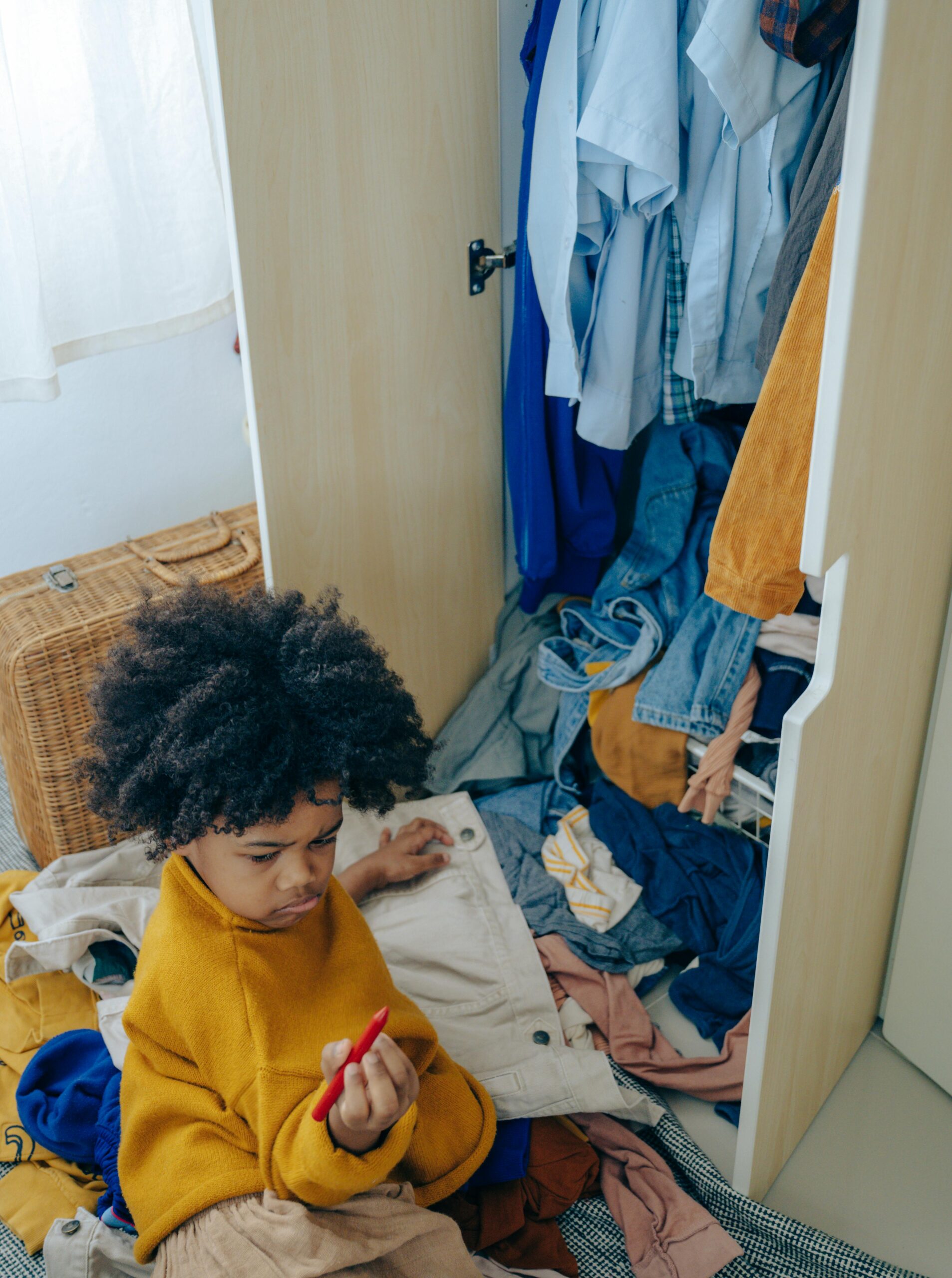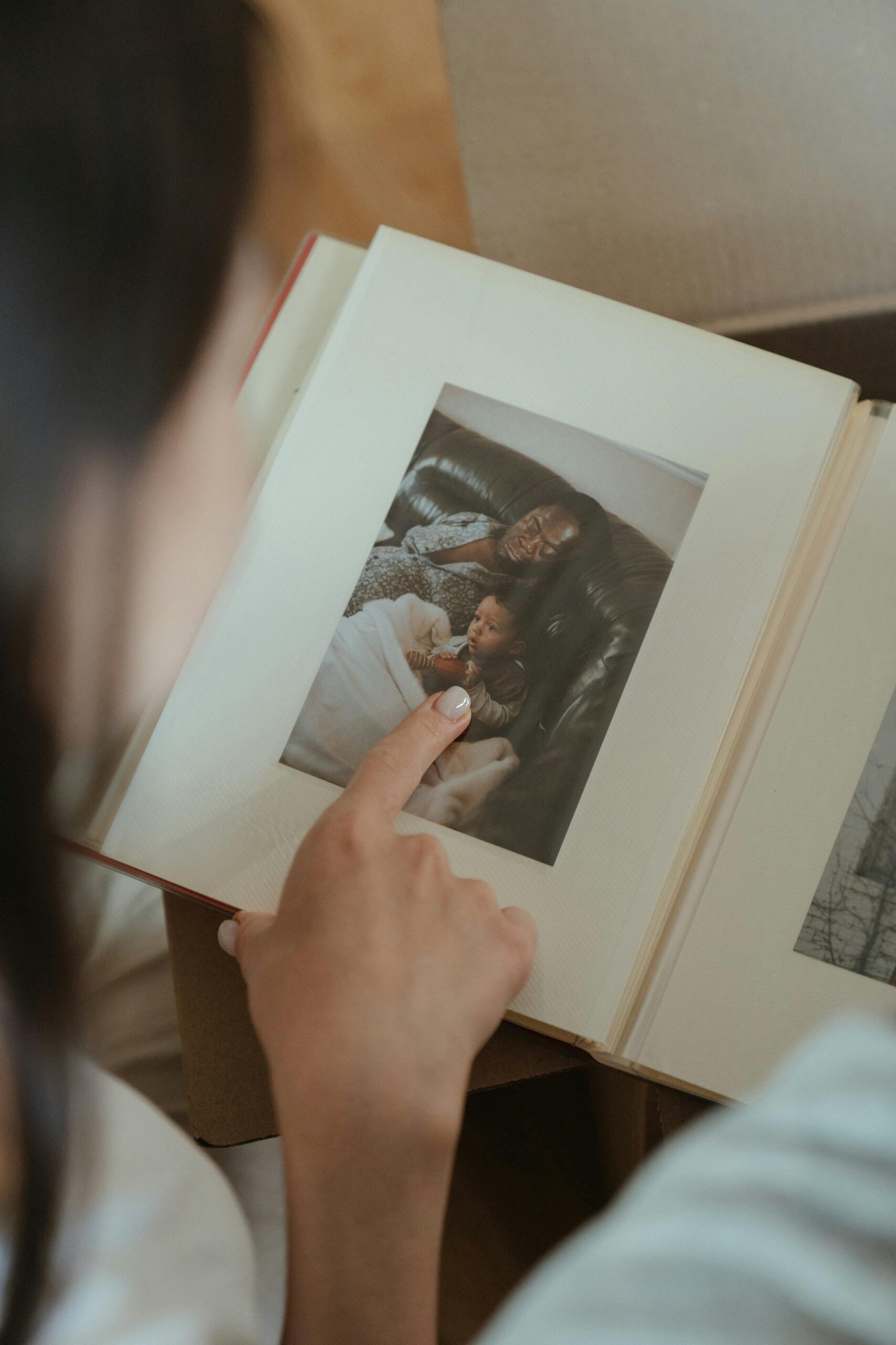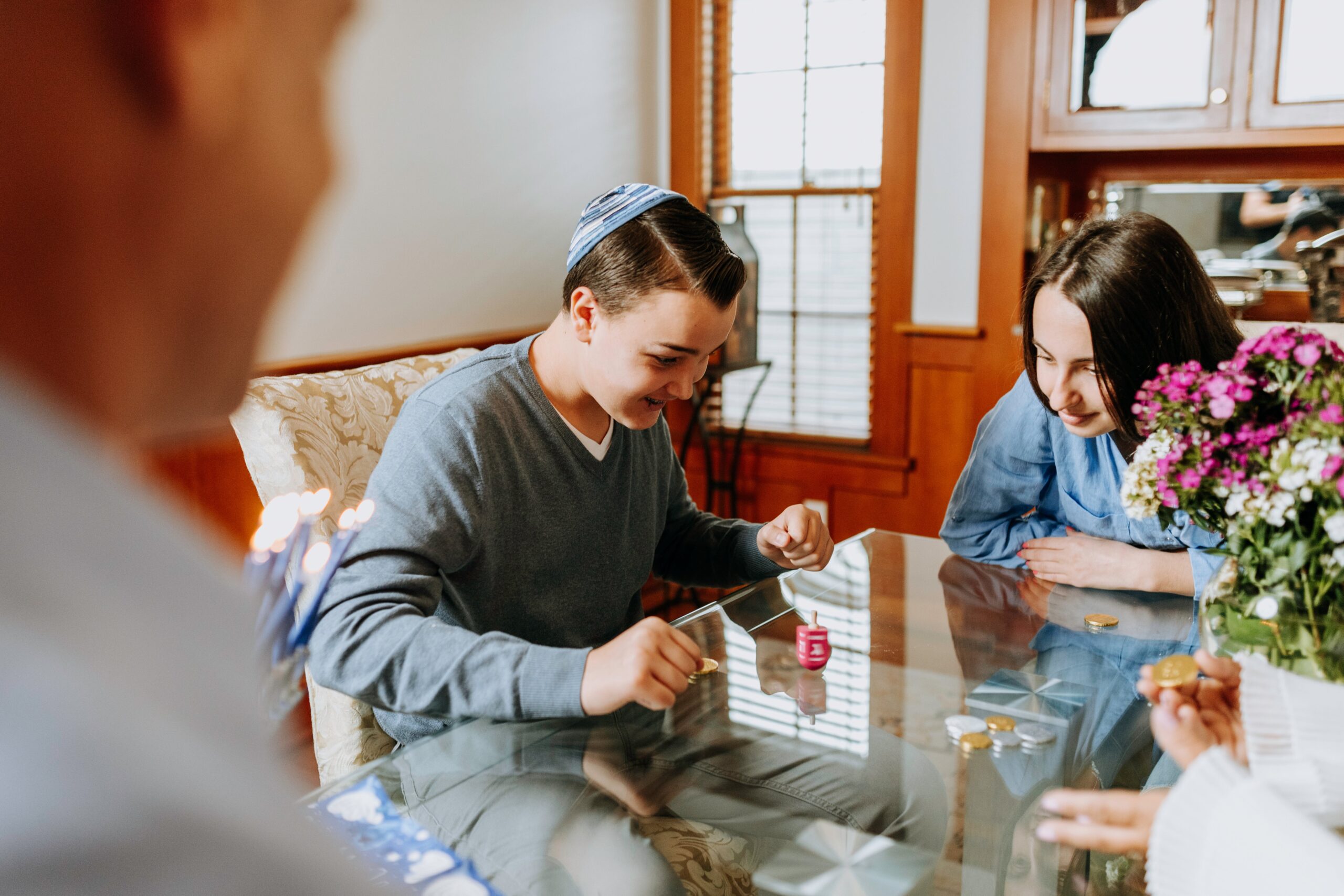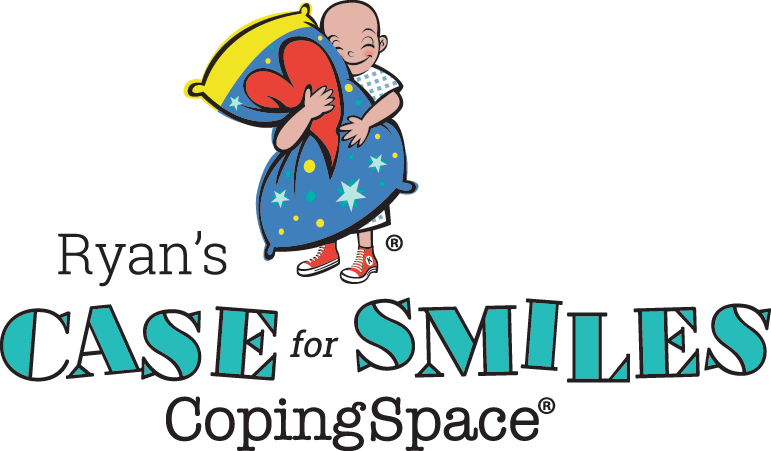BLOG
Coping With Grief During the Holidays
 When you’re grieving the loss of your child, holidays are incredibly hard. Instead of bringing joy and good tidings, the holiday season often just increases feelings of sadness and loss. Even if you don’t celebrate a winter holiday, watching others come together can make you miss your child and old life even more.
When you’re grieving the loss of your child, holidays are incredibly hard. Instead of bringing joy and good tidings, the holiday season often just increases feelings of sadness and loss. Even if you don’t celebrate a winter holiday, watching others come together can make you miss your child and old life even more.
While this is all to be expected, it doesn’t mean it isn’t hard. Below are a few ideas to help you manage grief during the holidays and cope with the many emotions that come along.
Am I Grieving?
As the holidays approach, you may notice changes in you and your family members and wonder what is going on. Stress, sadness, and anticipation may all mix together, leaving you feeling lost. Even if you’ve been mourning your child for some time now, your grief may increase or even change as important days come close.
Grief looks different for everyone, and can change over time. Below are some typical reactions you may see in yourself and the ones you love.
Common Signs of Grief
- Sadness
- Fear, worry or anxiety
- Anger or aggression
- Guilt
- Loneliness
- Irritability
- Mood swings
- Numbness or shock
- Withdrawal or isolation
- Disobedience (in children)
- Regression or bedwetting (in children)
- Changes in substance use
- Forgetfulness or poor concentration
- Indecision
- Repetitive thoughts
- Headache
- Stomachache or nausea
- Muscle tension or body pains
- Trouble sleeping
- Changes in appetite
- Fatigue or lethargy
How to Cope with Grief During the Holidays
The first step in coping with grief during the holidays is to recognize and honor that the winter season can be especially hard. Some find the actual day of the holiday most difficult, while others find the lead up a challenge. But either way, this time does not have to be miserable or a total loss. Once you recognize things might be a bit different this year, you can make a reasonable plan to help your family regain a little peace and maybe even joy.
Set Reasonable Expectations While Grieving
 Before entering the whirlwind of the holidays, it’s important to set reasonable expectations of what you and your family are capable of. Grieving a child takes a lot out of anyone, and you may not feel like celebrating at all.
Before entering the whirlwind of the holidays, it’s important to set reasonable expectations of what you and your family are capable of. Grieving a child takes a lot out of anyone, and you may not feel like celebrating at all.
Resist the urge to overschedule or push through your emotions just to do what you’ve always done. You may find what you thought you could do won’t work this year and mourn that loss as well. But remember, it’s okay to take things easy. Nothing is required and it doesn’t mean you won’t be able to do it later on.
Instead, be sure to leave lots of extra time to work through your grief and care for your body as well. Regular meals, exercise and rest are incredibly important, and this is doubly true when you’re going through a hard time. Then communicate your plans clearly to others so they too know what to expect and what your holiday will involve.
Maintain Holiday Traditions (Or Don’t)
Holidays can be painful simply because traditions act as a reminder that things are  not as they were. You will inevitably compare previous years to this one and notice all that has been lost. Yet, at the same time, pressure to maintain traditions is high.
not as they were. You will inevitably compare previous years to this one and notice all that has been lost. Yet, at the same time, pressure to maintain traditions is high.
If you need permission, I give it to you freely: only do what feels right and say no to everything else.
Forgo those holiday activities that feel too difficult. Decline the invitation to the annual celebration. And be “selfish” and pass on making the dish that your deceased child loved. On the other hand, if holiday activities are a good distraction that make you happy and remind you of better times, feel free to do it all!
There is no right or wrong way to grieve. And there is no right or wrong way to celebrate a holiday.
Accept Your Feelings (And Others) After A Child’s Loss
Difficult and big feelings are going to come up, before, during and after a holiday or major milestone. This is normal – for you, a partner, your children, and friends and extended family as well. Instead of fighting hard emotions off and trying to “just be positive”, accept and sit with each one. It can be helpful to set time to journal, talk with a trusted friend, or simply relax as you process it all.
 This is also true for your remaining children, who may find imaginative play or drawing helpful as well. Siblings especially may struggle as they compare their plans with friends and are forced to give up even more things they’ve loved. Kids may also pick up on your sadness or stress, even if you think they’re too young to know what’s going on.
This is also true for your remaining children, who may find imaginative play or drawing helpful as well. Siblings especially may struggle as they compare their plans with friends and are forced to give up even more things they’ve loved. Kids may also pick up on your sadness or stress, even if you think they’re too young to know what’s going on.
You may get frustrated, as your child seems to act out, regress or struggle to listen more as the holidays approach. This (unfortunately) is completely normal for bereaved siblings. Having an open conversation with about what they are feeling can be very helpful for you both. While you may be worried about bringing up a painful topic, odds are they’re already thinking about their brother or sister’s death. In fact, they may be trying to protect you as well.
Start by asking what’s on your child’s mind and how they’re feeling about the holidays overall. Then help them to name their feelings, validate their experience, and strategize ways to cope. (You can get more advice and tips to help your child on our Sibling page as well.)
Finally, be prepared for the inevitable ups and downs as you move through the coming weeks. You may feel happy one moment, only to suddenly start crying as soon as you turn around. Because it cannot be said enough, there is no right or wrong way to feel. Acceptance and gentle kindness for yourself and others can help you get through this, even if in the moment it feels like you never will.
Honor a Lost Loved One During the Holidays
 After you’ve lost your child, it can be healing to honor their memory during the holidays (and other celebrations as well). You may even want to create a new tradition to continue for years to come. Below are just a few ideas to recognize a child who has died. Feel free to come up with your own and be sure to include your child’s siblings in memory making as well.
After you’ve lost your child, it can be healing to honor their memory during the holidays (and other celebrations as well). You may even want to create a new tradition to continue for years to come. Below are just a few ideas to recognize a child who has died. Feel free to come up with your own and be sure to include your child’s siblings in memory making as well.
- Light candles.
- Talk, write about or post on social media about your child.
- Look at favorite pictures, watch videos of your loved one, or share favorite memories.
- Make a card or write a holiday letter with your child’s picture. And feel free to continue to mention in them in holiday cards for years to come.
- Place a photo of your deceased child or a significant item, such as their stocking or comfort item, among holiday decorations.
- Make a toast or take a moment of silence before a big meal.
- Set a place at table for your lost child.
- Make your child’s favorite food or participate in their favorite holiday activity.
- Make a donation in memory of your child, or volunteer for a worthy cause.
Ask for Help While Grieving
Everyone needs help during the holidays and grief makes this even more true. Chances are your friends, neighbors and family really want to help as well. Make a list of things you need, even if it’s just emotional support. Or if you’re stuck for ideas, just share our How to Help a Friend Through the Holidays blog.
Finally, if you’re really struggling, contemplating hurting yourself or others, or your grief interferes with daily life, don’t hesitate to seek professional help. Psychologists, therapists, grief counselors and support groups are all great places for bereaved parents to get support. There is no shame in getting help and no right or wrong time. For more information on therapy, speak to your doctor and read our basics of therapy blog.
It’s Okay to Have Fun After Losing a Child
 Finally, and most importantly, remember it’s okay to be happy and have fun. Just because you enjoy a holiday, doesn’t mean you’ve forgotten your lost loved one. Everyone needs a break sometimes, especially if your child was ill or in hospice for a while. And it can be said with certainty, your child would not want you to be unhappy for too long.
Finally, and most importantly, remember it’s okay to be happy and have fun. Just because you enjoy a holiday, doesn’t mean you’ve forgotten your lost loved one. Everyone needs a break sometimes, especially if your child was ill or in hospice for a while. And it can be said with certainty, your child would not want you to be unhappy for too long.
Yes, the holidays can be a painful reminder of the absence of your child and the future you’ve lost. Surprising little things may trigger you and you may feel like hiding in bed until the season is gone. But remember, the holidays can also be wonderful, full of comforting traditions, time with family and friends, good memories and joy.
We wish you a happy, healing and comforting holiday. And remember, we’re here to help you cope with it all!
Related Articles
How to Have a Realistic, But Joyful, Holiday
How to Help a Friend Through the Holidays
Managing Your Fear When Your Child Is Seriously Ill
Helping Kids Manage Fear and Anxiety When They Have a Serious Illness
